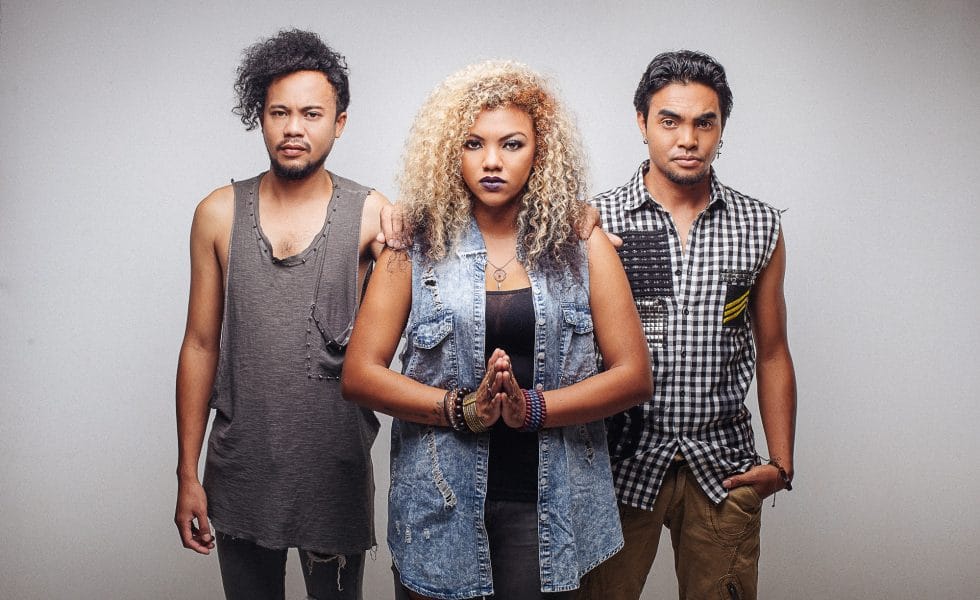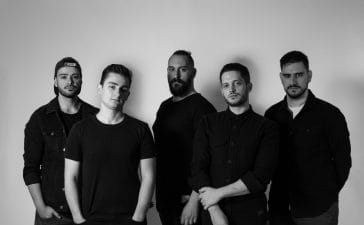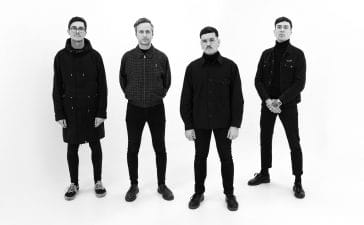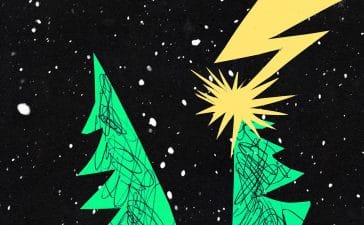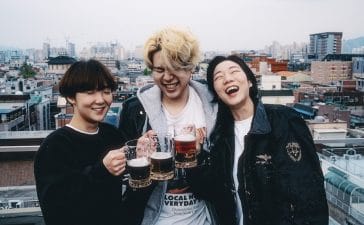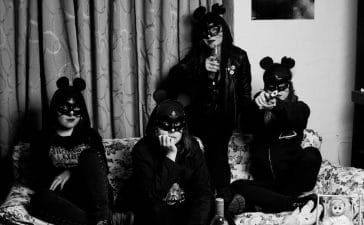Madagascar is a name we all know, which is always a good place to start with punk guides. Having said that, unfortunately most of what any of us know of the world’s fourth largest island has been derived from an animated DreamWorks franchise.
And while the flora and fauna of Madagascar is truly spectacular – it’s one of just 17 countries defined as “megadiverse” (no doubt an impact of being one of the last locales discovered by humans, with footsteps first appearing around 500AD) – there exists a deeper Madagascar, one that’s far less palatable for animated hijinks.
Madagascar is one of the poorest countries on earth, and on top of that, listed as one of the unhappiest on account of less-than-ideal socioeconomic realities. Life expectancy is also low, with an average of 65 years. Compare that to Australia’s 82 and change, and it paints a very intense picture.
Within these seemingly insurmountable pressures exists a contrastingly healthy alternative scene. Indeed, it may very well be because of of these pressures that a counter-culture emerged, as we would learn speaking with Madagascan trio, and wonderful humans, Kristel, who stepped away from their native French to talk us through their community.
How did you become a punk?
Life has not always been easy and it has given us an attitude that has become punk/rock.
Growing up as a young punk in your hometown, what are some of the places you would hang out?
When we were young, we didn’t like to mix with others, we had our own world. But in our memories, most of the young people, punk or not (without exception), used to meet on a bridge every time they got out of school, but each one had his own corner and we still went there 2 or 3 times in the past.
How would you describe your typical punk from your hometown?
Very raw with a lot of rage, and many keep a very pure register.
How does the general community in your hometown take to punks, and punk music?
Like all the prejudices that exist [for] punk in the world, the punk of our country did not escape it! It’s not always well seen by the society. Nevertheless, the community [and] the audience, has evolved a lot in the last few years.
“We talk a lot about the poverty of our country, about education, about how the politicians get rich while the people starve.”
What do you think is the biggest threat to the punk community in your city?
Regarding the prejudices, a lot of venues (the few that there are) refuse that punk rockers come to play at their place. And with the current sanitary context it is even worse. Personally, we never had this problem because we are in a less hard register but a lot of bands had this problem.
All over the world, politics and punk go hand in hand. In Australia, many punks talk about climate change and gender equality. What are some of the political issues that influence punks in your hometown?
We talk a lot about the poverty of our country, about education, about how the politicians get rich while the people starve. Our country is a beautiful country full of natural resources but this poverty that has been eating away at us for almost 60 years is killing the country and putting the future of the next generation at risk. And that’s why we are still talking about it.
Who are some great punks, or punk bands, making moves from your hometown we can check out?
There are 2 of them in any case that have marked us : LohArano and Dimyz. Two different registers but the raw side and this rage is always felt.
What are your tips for any punks travelling through your hometown?
Come, make a big live! You will not regret it.


